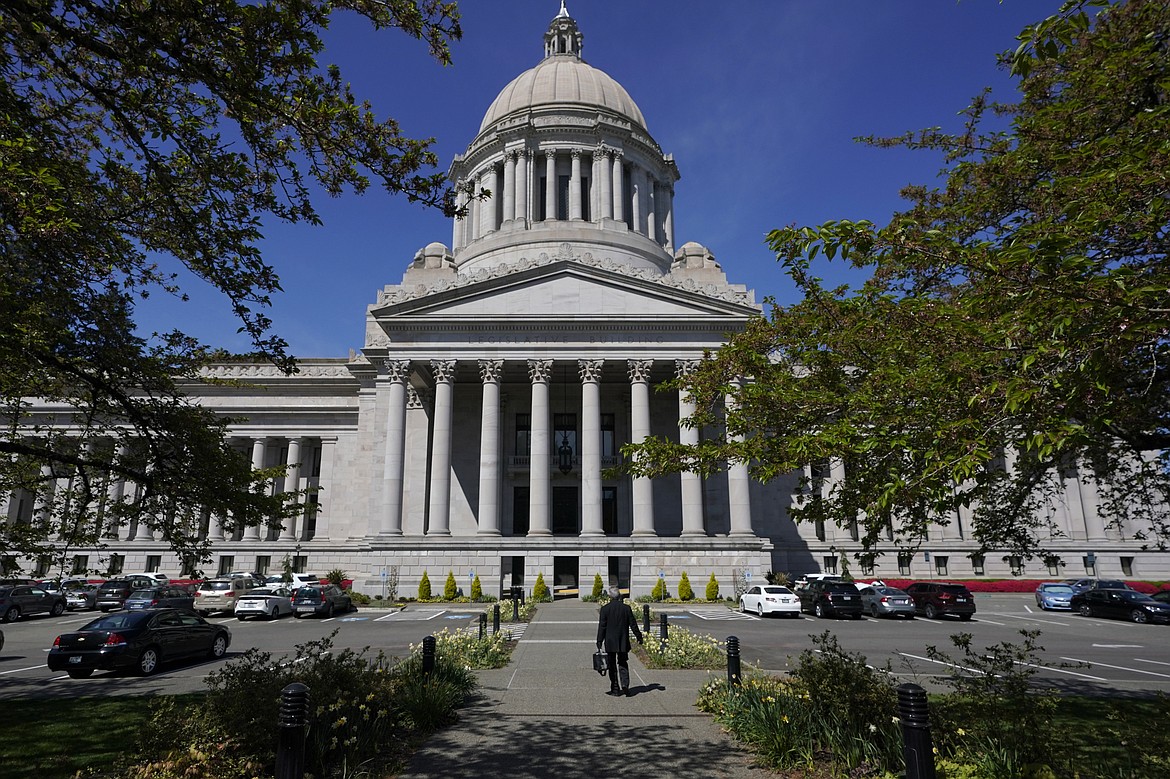Legislators consider bill to legalize psilocybin
Adults could legally purchase and consume psilocybin products as soon as 2024 under legislation heard by the Senate Health & Long Term Care Committee on Wednesday.
Become a Subscriber!
You have read all of your free articles this month. Select a plan below to start your subscription today.
Already a subscriber? Login



